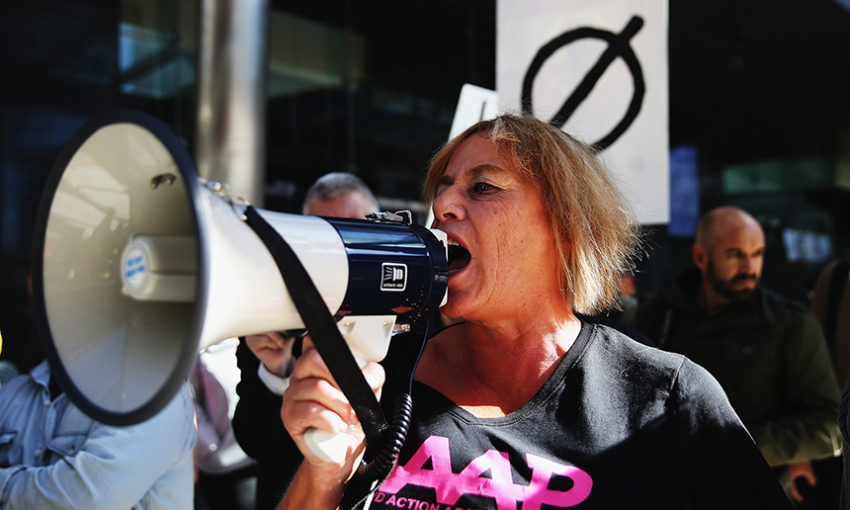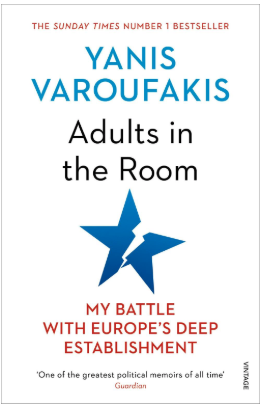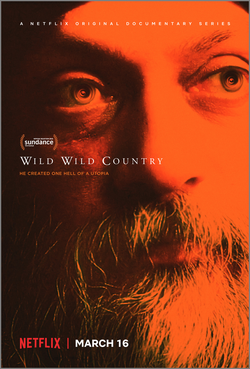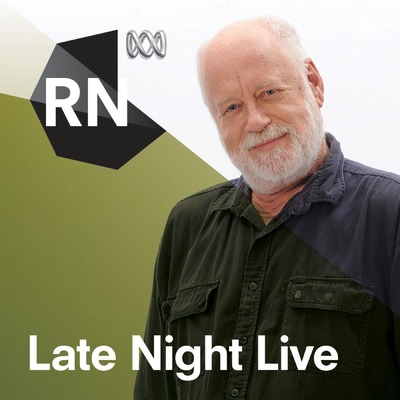On the first day of training in Imago therapy Maya Kollman characterised a couple relationship as “A microcosm of the universe trying to repair itself.” In different words psychodrama includes the same idea, the therapeutic tele is distributed in the group, it’s not just in the director.
And there is qualitative evidence for this… A group, or a couple, once the connection is established and there is a warm up, will hum its way to more and more enabling solutions. I see it so clearly in psychodrama groups – each drama assists the whole group in a quest that is finally resolved. The terminology of ‘disturbing motive’ and ‘reactive fear’ is used to describe this process. Even this naming implies that it is the ‘disturbing motive’ that arises first and the the ‘reactive fear’ is simply the obstacles of the cultural conserve (CC) that need to get out of the way. CC is a term from the psychodramatic theory Canon of Creativity
An earlier post grapples with the same idea. https://psyberspace.walterlogeman.com/2018/the-survival-dance-that-gets-in-the-way-of-the-encounter/
There is a layer of conserved coping that is somehow “man made”, the reactive fear, which is usually followed by flight or fight i.e. Criticism and blaming or avoidance. There is another layer – the universe trying to heal itself. Lets just call it eros or love. Gt the crap out of the way and the love will come through.
Both psychodrama and Imago have the philosophy that the therapist is the catalyst, simply providing tools, like dialogue, or the 5 instruments so the eros can emerge.
I’m reflecting on the relationship between letting it happen and making it happen.
The inevitable can be helped along.
We are agents in the healing of the universe. i.e. in its progress. Towards eros.
We can make it worse or better. If this is a dead end it will proceed towards the omega point in some other way. The universe does not care, but it won’t stop its evolution, its development, its progress. These words are teleological.
We make history but under conditions of our choosing.
Surfing. We can but catch a wave or miss it.
Anyway, if we assume that a group or a couple is “A microcosm of the universe trying to repair itself.” then we are assistants to that process.
Thats what Marxists are too.
Strange that the right who advocate market forces somehow believe in the benign power of the market. Leave alone. Marxists might trust the market too if it was alive in a society that was free of the distortions of the capitalists. It would tend towards each to his needs. Just like in couple therapy – in my room I have to be a strong dictatorship of the eros forces. We fight the cultural conserves (part of the current cultural forces) of blame – attack and control.
See more search the Tag – theory of change https://psyberspace.walterlogeman.com/tag/theory-of-change/










